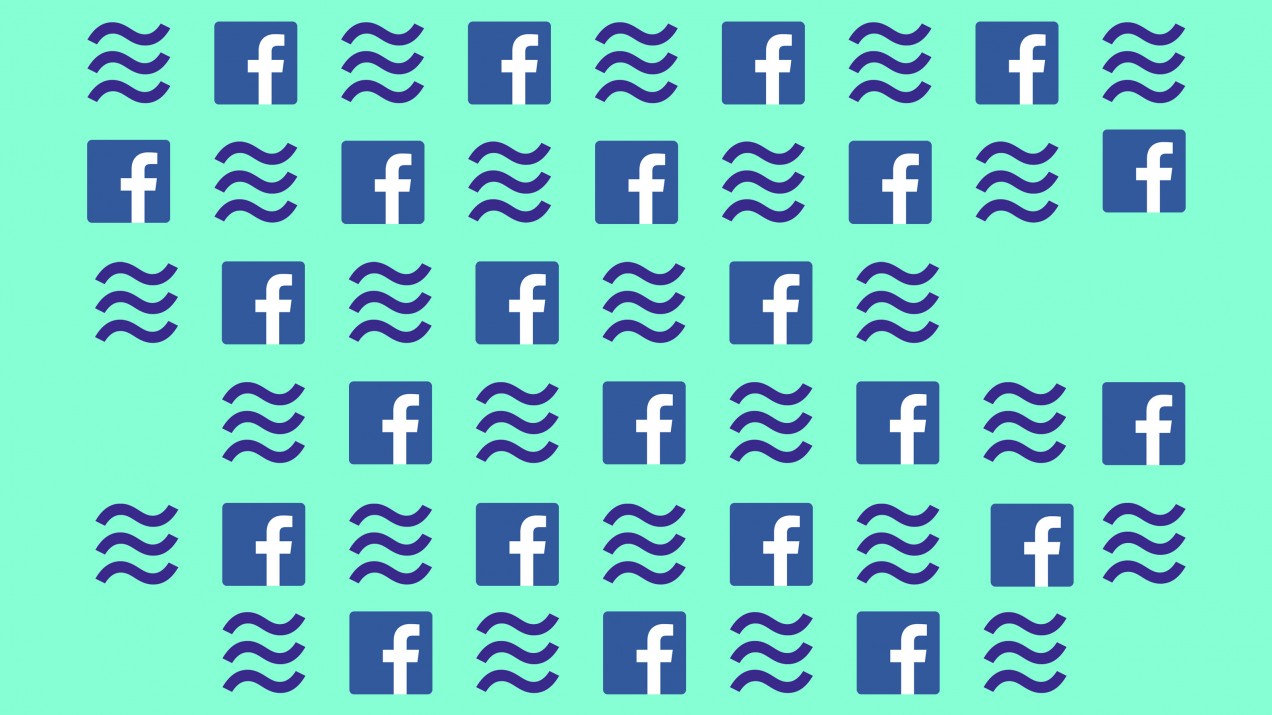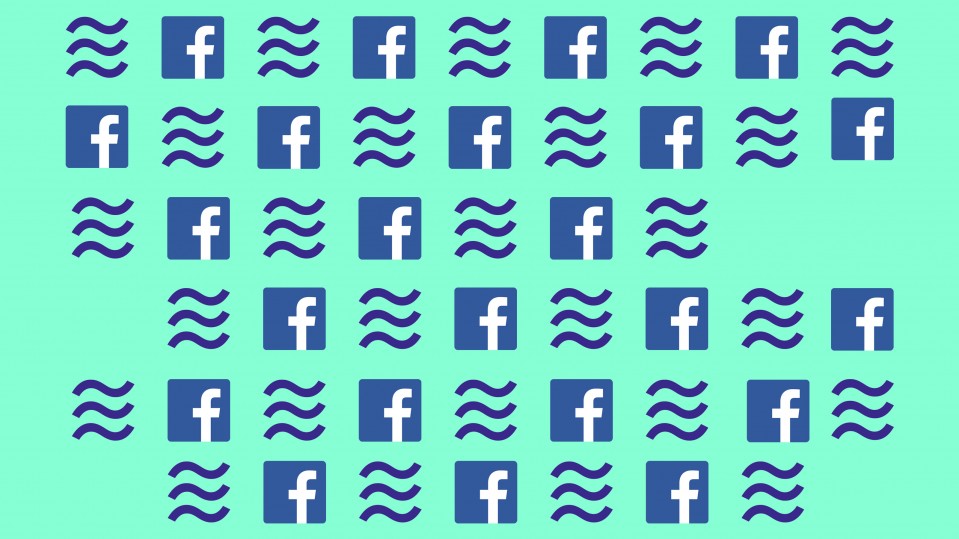

Blockchain
Facebook’s Libra: Three things we don’t know about the digital currency
The launch of Facebook’s new coin is certainly a big event, but so much about it remains unsettled.

If it’s not the most high-profile cryptocurrency-related event ever, Facebook’s launch of a test network for its new digital currency, called Libra coin, has been the most hyped. It is also polarizing among cryptocurrency enthusiasts. Some think it’s good for the crypto industry; others dislike the fact that a big tech company appears to be co-opting a technology that was supposed to help people avoid big tech companies. Still others say it’s not even a real cryptocurrency.
Peel away the hype and controversy, though, and there are at least three important questions worth asking at this point.
Is Libra really a cryptocurrency?
Well, that depends on how you define cryptocurrency. The Libra coin will run on a blockchain, but it will be a far cry from Bitcoin.
To begin with, it will not be a purely digital asset with fluctuating value; rather, it will be designed to maintain a stable value. Taking cues from other so-called stablecoins, it will be “fully backed with a basket of bank deposits and treasuries from high-quality central banks,” according to a new paper (PDF) describing the project.
Besides that, Bitcoin’s network is permissionless, or public, meaning that anyone with an internet connection and the right kind of computer can run the network’s software, help validate new transactions, and “mine” new coins by adding new transactions to the chain. Together these computers keep the network’s data secure from manipulation. Libra’s network won’t work that way. Instead, running a “validator node” requires permission. To begin with, Facebook has signed up dozens of firms—including Mastercard, Visa, PayPal, Uber, Lyft, Vodafone, Spotify, eBay, and popular Argentine e-commerce company MercadoLibre—to participate in the network that will validate transactions. Each of these “founding members” has invested around $10 million in the project.
That obviously runs counter to the pro-decentralization ideology popular among cryptocurrency enthusiasts. The distributed power structure of public networks like Bitcoin and Ethereum gives them a quality that many purists see as essential to any cryptocurrency: censorship resistance. It’s extremely difficult and expensive to manipulate the transaction records of popular permissionless networks. Networks like the one Facebook has described for Libra are more vulnerable to censorship and centralization of power, since they have a relatively small, limited number of stakeholders that could be compromised or pool together to attack the network.
But this is just a “starting point,” claims Facebook. “Our ambition is for Libra network to become permissionless,” write the authors of Libra’s technical description. “The challenge is that as of today we do not believe that there is a proven solution that can deliver the scale, stability, and security needed to support billions of people and transactions across the globe through a permissionless network.”
Can Libra take blockchains mainstream?
Ah yes, the problem of scalability. Today’s public blockchains use too much energy and process transactions too slowly to elicit mainstream demand. This is probably the biggest obstacle to adoption of cryptocurrencies. It’s why Facebook chose not to use proof of work, the process that Bitcoin uses to reach agreement among the blockchain network’s nodes, citing its “poor performance and high energy (and environmental) costs.”
The scalability problem is also why Ethereum’s researchers are toiling away at a new, more efficient replacement for proof of work, based on an alternative approach called proof of stake. Instead of contributing large amounts of computing power to the network, as “miners” do in proof-of-work systems, proof-of-stake validators would contribute large amounts of money. They lock up this “stake” and stand to lose it if they misbehave.
The approach promises to help public blockchains scale, which is why Facebook says it wants Libra coin to eventually use proof of stake too.
But implementing it has proved challenging; it will probably be years before Ethereum will be ready to switch. Facebook, meanwhile, has created the Libra Association, a consortium including the network’s vetted validators, to govern and develop the system.
Could Libra coin’s researchers accelerate the development of proof of stake? Ethereum aims to be a decentralized organization that shuns corporate structure, but that has made it difficult to meet technical milestones. One of the first directives of the Libra Association is to figure out how to transition to a permissionless system. According to the Libra white paper, that will entail a switch to proof-of-stake from the more conventional consensus protocol it will start with, a transition that is supposed to begin in five years. (At launch, its permissioned system will be able to process 1,000 transactions per second, much faster than Bitcoin, which can only process a handful per second.)
If the high-powered roster of financial firms and technology companies beat Ethereum to the punch on proof of stake, it would be ironic: public blockchains are supposed to disrupt Big Tech, not the other way around.
What’s in it for Facebook?
The answer to the biggest question of all is still not clear. David Marcus, who has overseen the Libra project for Facebook, told Decrypt that financial and social data will not be “commingled,” and that users can keep their digital wallets separate from their Facebook profiles. He also knocked down rumors that the $10 million buy-in got the validating firms access to transaction data.
So how will Facebook make money? And what is the incentive for entities to join as validating nodes? (Libra wants to grow the number from 28 to 100 by the time the coin launches for real in 2020.) Perhaps there is revenue to be generated via transaction fees. If the currency catches on, it will be great for Facebook’s brand, and in theory the companies participating in the network will see new kinds of business opportunities arise.
That’s a big if, though. Plenty of much-hyped blockchain projects failed to meet expectations, and despite many attempts, no one has yet been able to convince mainstream consumers to use cryptocurrency to pay for things. This might be where Facebook’s massive scale and user base of billions across Facebook itself, WhatsApp, and Instagram comes into play.
Getting the network working is only part of the battle. Keeping it going will require developing a fair system of governance, something nearly every blockchain community has struggled with. Users will also need compelling reasons to hold and spend the coin.
On top of all that, how serious is Facebook is about achieving decentralization and becoming a “real” cryptocurrency? Perhaps the fact it has made a big song and dance about being decentralized is simply a way of offsetting the firm’s appalling record on data privacy. But will users demand that the currency be more decentralized—or will many simply not care?
“We have much work to do with all of you to get the prototype we’re unveiling today to production,” Marcus tweeted. “What we are presenting is only the beginning, and there is a lot to improve.”